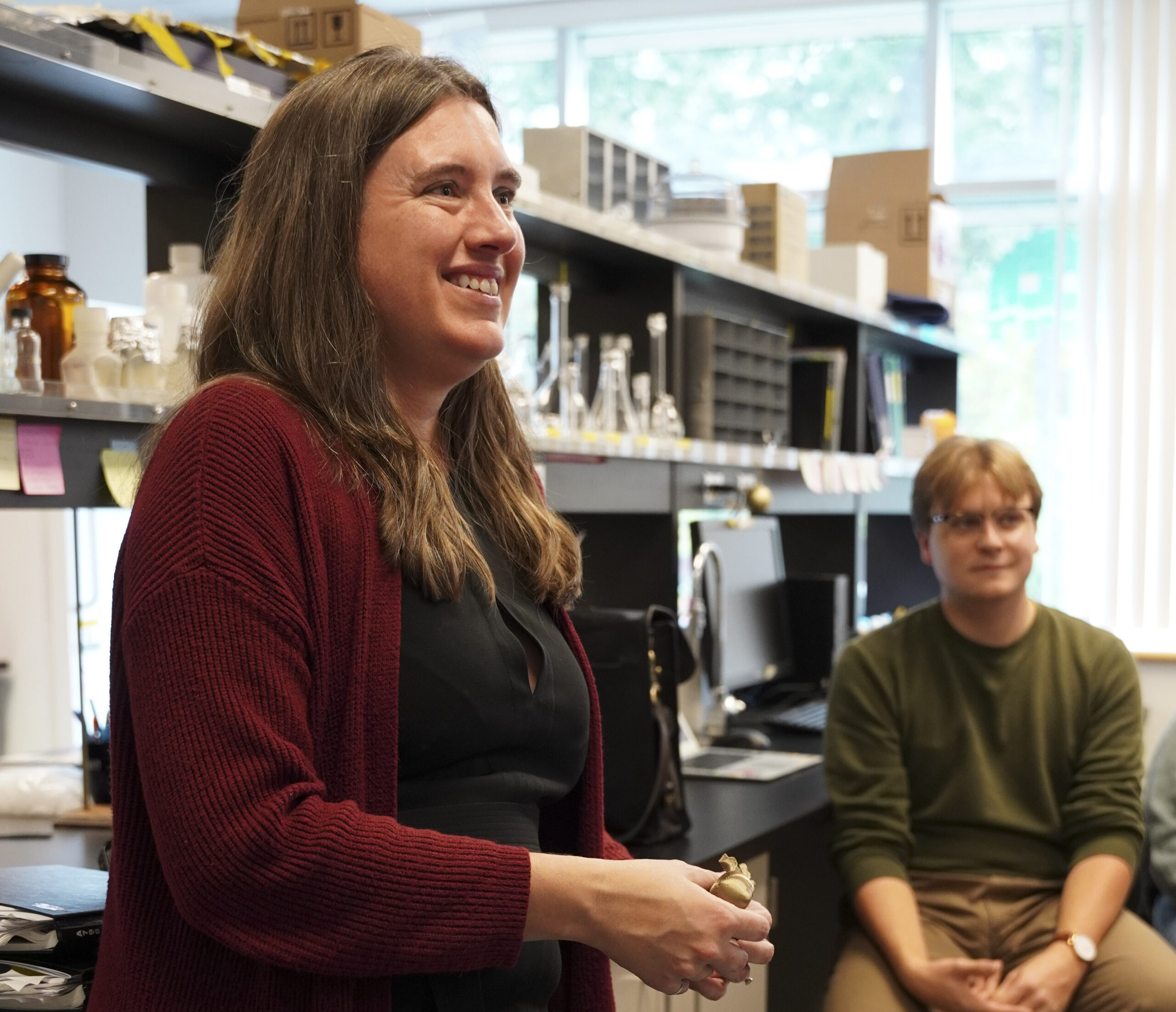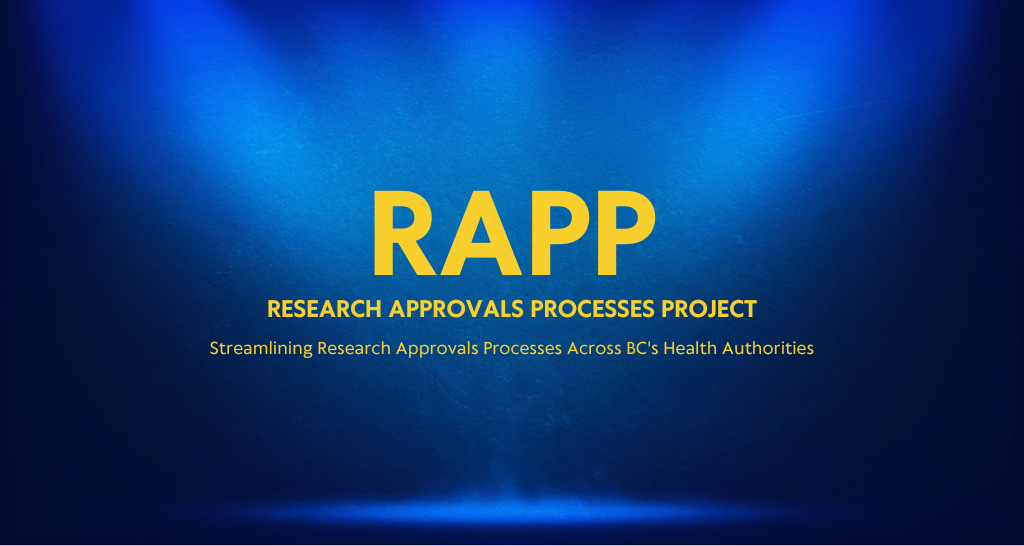Bioprinting: the next frontier
16 February 2023

It might sound like science fiction, but it is very much today’s reality and a field that holds great promise for human health.
Bioprinting is an extension of traditional 3D printing; it can produce living tissue, bone, blood vessels and, potentially, whole organs for use in medical procedures. New drugs and devices can therefore be tested on ‘living’ cells that replicate cells within the human body. This means scientists can then test the effectiveness of drugs as if on real people as well as study disease progression. The field of bioprinting is growing rapidly and Michael Smith Health Research BC awardee, Dr. Stephanie Willerth, has developed new and unique ‘bioink’ to produce these futuristic materials.
Stephanie’s Health Research BC/Pacific Parkinson’s Research Institute (PPRI) Innovation to Commercialization (I2C) partnered award enabled her and co-founders Dr. Laura De La Vega and Laila Abelseth, to create Axolotl Biosciences. The multiple award-winning company is now a leader in the development of innovative bioink. “We are really excited because we are the only Canadian company to be recognized by the Falling Walls Foundation (a global hub for science and innovation) this year,” says Stephanie.
“I look back to when we started in March of 2020 — a crazy time in the world — to now when we have six employees and an internationally marketed product,” adds Stephanie, who is a professor of biomedical engineering at the University of Victoria. “It is a tribute to the I2C Program which enabled me to get the time, and team, needed to hone in on the development of what is now the foundational product of our company.” The I2C award supports researchers to advance their discoveries or inventions towards practical application, resulting in products or technologies that improve health outcomes and enrich BC’s health innovation ecosystem.
Novel applications
Co-funding from Health Research BC and PPRI has also sped up research and development on the team’s second product called BrainPrint. This patent-pending technology uses bioink that makes it easy to use a 3D bioprinter to produce human brain tissues in a rapid and reproducible fashion.
One of the most intriguing developments for the team is the ability to print using stem cells derived from people with Parkinson’s disease, allowing an up-close look at the cells during the disease progression.
The ripple effect
The Willerth lab has always focused on studying neurogenerative diseases. The partnership with PPRI helped connect the research team with physicians and clinicians who treat patients with these diseases. Having clinician input, helped the research team correlate symptoms seen in patients with the symptoms seen in 3D bioprinted models in Parkinson’s disease. This demonstrates their research is on the right track as the team see the symptoms in the 3D models are the same as those in patients.
Funding from Health Research BC was coupled with Mitacs Accelerate funding to support and train graduate students and post-doctoral fellows. The students split their time between their academic studies and the I2C projects, fostering collaboration between researchers, students, and industry. Stephanie’s student Milena Restan was also recently recognized by her hometown newspaper for her academic success, as she was lead author on one of their recent research papers.
“The investment from Health Research BC enables my team and I to not only move along our proof-of-concept research, but we were able to leverage that investment to obtain further funding from other sources,” says Stephanie.
The impact of this work on drug discovery and screening potential drugs that might be more effective at treating neurogenerative diseases, such as Parkinson’s, is significant.
“Our work will ultimately benefit patients and that is incredibly rewarding.”
Looking ahead
Like all science fiction stories there are still pieces in the puzzle: how does this integrate into larger patient care? How does a small startup, founded the first week of a global pandemic, become a world leader? These are questions that Stephanie will undoubtedly be able to answer very soon. The team are already building upon this work including beta testing BrainPrint with users from across British Columbia. The ultimate goal remains that this work will lead to better health outcomes for people with neurological diseases.
Learn about Health Research BC funding and partnership opportunities.
Read more about Stephanie’s work.





